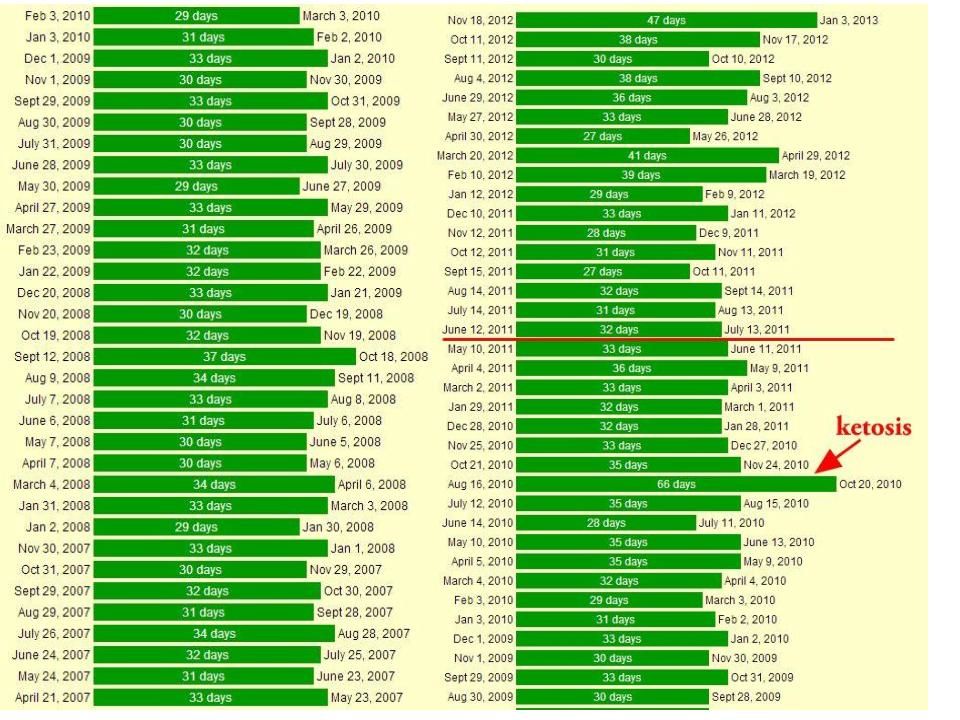When I moved from Colorado back to California in 2005, I was denied health insurance because I was pregnant with my younger daughter. My husband and I were eventually able to get coverage under his employer’s group plan, but it was not the coverage that I wanted. It was frustrating and stressful. Then last year, I was denied coverage again because I’d sought treatment for Postpartum Depression after the birth of my daughter 8 years previous. My husband eventually accepted a job he wasn’t particularly thrilled about in order to ensure I’d continue to have health coverage. I have personal experience with the frustrations of seeking health insurance as a woman. So when Mike Cahill from Vista Health Solutions Blog offered to write a guest post about the Affordable Care Act and it’s relevance to women’s health care access, I was happy to take him up on it.
By Mike Cahill
If anyone could benefit from some changes to the healthcare system, it’s women. Women face a unique set of issues when it comes to health insurance. They are consistently charged higher health insurance premiums than men, and conditions like breast cancer, and even pregnancy, can be used as reasons to deny them health insurance. There is no debate that this is not just, and thankfully the Affordable Care Act (ACA) is making some changes that will brighten the picture for women purchasing insurance. Read on to learn a bit more about these changes.
Essential Health Benefits Cover Essential Services
The ACA mandates that every health insurance plan provide 10 categories of 'essential health benefits', making it so that all plans provide a minimum level of coverage no matter the cost. These categories of benefits cover a wide breadth of medical services. Some of these categories, such as maternity care and newborn care, are especially relevant to current or expecting mothers. If you are interested in the full list of essential health benefits, visit Healthcare.gov.
The preventative services category is especially helpful to women. Annual well-woman visits and routine mammograms will be covered with zero out of pocket costs. This page at HRSA.gov has a full list of women’s preventative services covered under this category.
While the ACA mandates the 10 categories under which every plan must provide essential health benefits, it doesn’t outline specific medical services within those categories. Each state is creating a benchmark plan that every future health insurance plan in that state will have to match to meet minimum medical benefit requirements. The Kaiser Family Foundation has a list here of each state’s benchmark plan.
Buying As An Individual? Don’t Worry About Gender Rating
The ACA has ended gender rating for women buying health insurance as an individual. So, if you are a freelancing or self-employed woman looking for insurance, you should expect to be charged the same premium as a man. This small change can make a big difference when it comes to paying your premium.
A Solution To Denial Based On Preexisting Conditions
Chances are you have heard about how the ACA protects people with preexisting conditions. This has special bearing on women. Women with breast cancer will no longer be denied insurance because of this terrible and costly condition.
In the past, women could be denied coverage for being pregnant. Since the ACA looks at it as a preexisting condition, pregnant women can rest easy knowing they can purchase coverage.
An Overall Improvement
While some may have their criticisms of the ACA, the law is benefiting women in a number of areas when it comes to getting health insurance. Use this information and take a look at the marketplace. Knowing the changes the ACA mandates, the available plans might start to look like a better deal than they did before.
Michael Cahill is the Editor of the Vista Health Solutions Blog. He writes about the health
care system, health insurance industry and the Affordable Care Act. Follow him on Twitter at @VistaHealthMike

